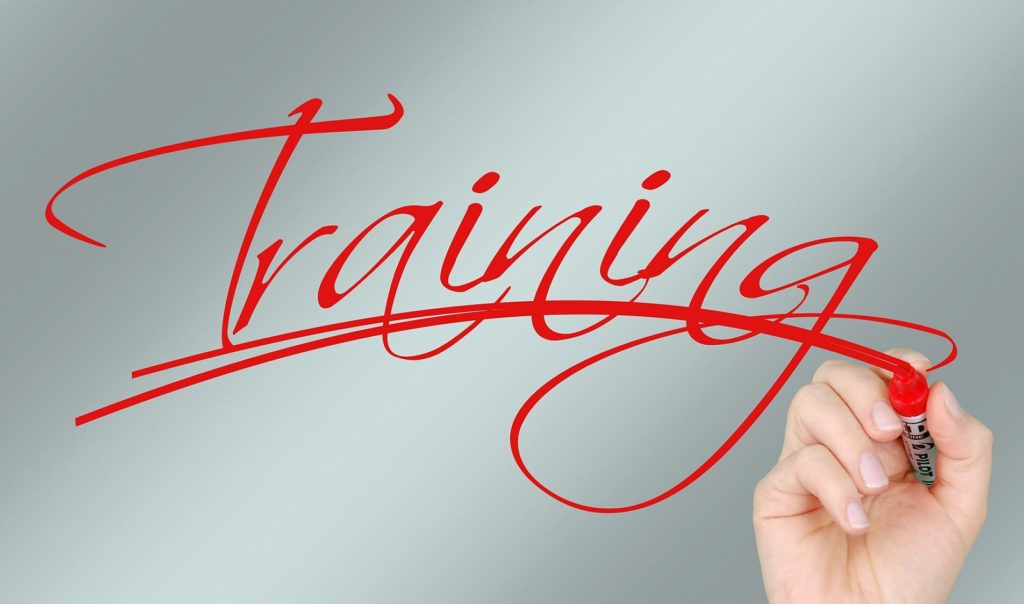Developing the critical thinking skills of a employee can be vital to the individuals success and in turn can be of value to the business.
Training in the professional setting requires that facts be given by the trainer but comprehension of the training content must be assessed but not solely on the retention of the material learned.
Critical thinking in its simplest form depend on the individual to see the process clearly and for the individual to comprehend the cause and effects of a process.
The word critical which is derived from the Greek word for critic implies that critical thinkers can critique and judge for themselves and be able to discern for themselves. This is a sharp contrast to the simple retention and regurgitation of information which is what we sometimes hold our employees to. Even daily tasks are trained upon with the expectation “learn once and now repeat as often as possible.”
One of the simplest and best ways to assess critical thinking during a training session is to use questioning techniques that are not just focused on facts.
When individuals are asked to critique a process or procedure the fact based information become more relevant to them and they become invested in both the training as well as the work they are trained on. The trainee gets to take ownership of the training and the content provided.
When you allow employees to analyze the content associated with the training, and allow them to employ causation through essential comprehension type questions, you are pushing their thinking process which in turns allows them to evaluate the facts, critique the information and then evaluate a conclusion.
For an example, if training is given on a repair process of a piece of equipment, the facts involved are the steps to the repair process. However assessing the training can include questions that ask:
What would happen if step 4 was done before 3?
Why is this tool used for this step of the process?
What would you do if you notice this particular part is not functioning as expected?
What would be the effects of skipping step 9?
Although the ability to think critically is not the primary goal of training, it’s no surprise that trainers have tried to develop training programs where critical thinking is assessed.
The effort is definitely intensive and time can be a constraint and whether the critical thinking mindset transfers to other aspects of work has not been studied completely. However training sessions that do employ critical thinking tools and assessments reap an employee that is more invested in the training.
